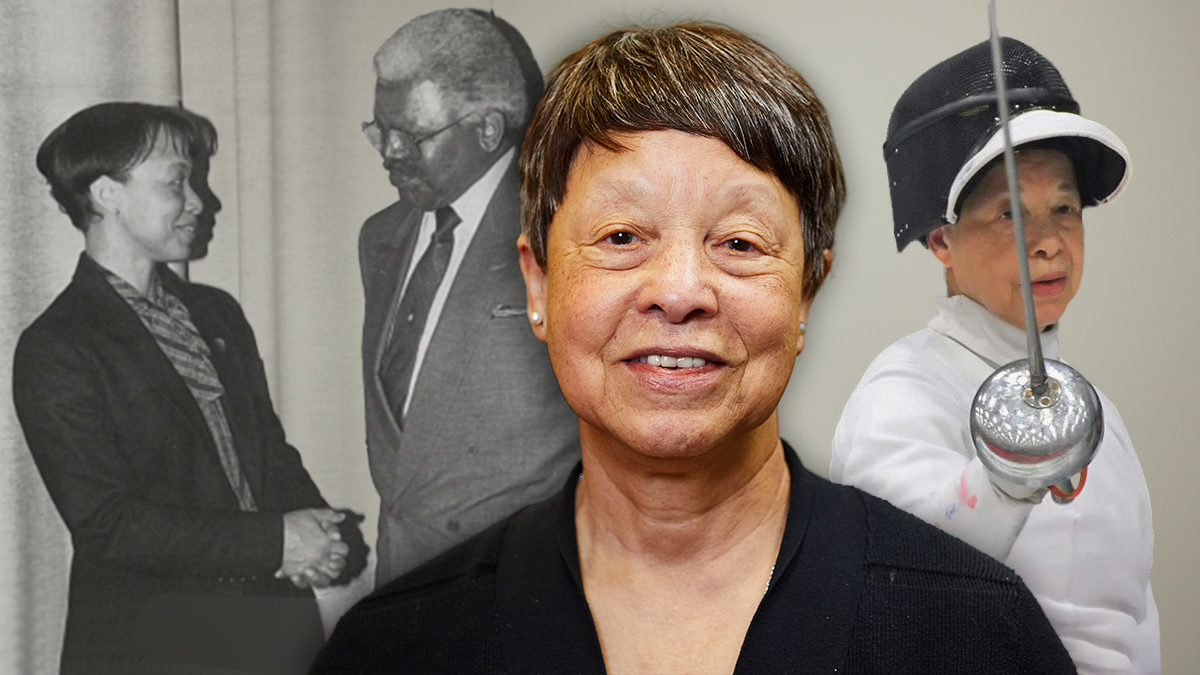NHGRI celebrates Bettie Graham’s 50 years of federal service
As you make your summer plans — and if you happen to find yourself in the D.C. area — I would encourage you to visit the Genome: Unlocking Life’s Code exhibition at the Smithsonian’s National Museum of Natural History. As described in the December issue of The Genomics Landscape, the exhibition debuted at the Smithsonian in 2013 to commemorate the 60th anniversary of the discovery of the double-helical structure of DNA and the 10th anniversary of the completion of the Human Genome Project. After traveling to 12 states and Canada, the exhibition is now back at the Smithsonian until it officially closes, currently scheduled for the end of November.
Meanwhile, the 96th meeting of the National Advisory Council for Human Genome Research will take place on May 16-17. The open session of the meeting will be videocast live on Monday, May 16. Please join us via GenomeTV starting at 11:30 a.m. ET to hear updates about NHGRI and genomics research more broadly. The first hour of the open session, which will feature my Director’s Report, will also be streamed live on my Twitter account at @NHGRI_Director.
All the best,
![]()
In This Issue
- NHGRI celebrates Bettie Graham’s 50 years of federal service
- NIH launches new data-sharing website
- Historically Speaking Series to feature African American advances in biomedical and genetic science
- NHGRI panel to discuss the ethical, historical, and societal issues around genomic screening
- ELSIcon2022 to showcase latest ELSI research
Genomic Data Sharing Spotlight
What are FAIR Principles, and what’s all the fuss? In 2016, stakeholders came together to endorse “a concise and measurable set of principles” to improve the management and sharing of research data. Findable, Accessible, Interoperable, and Reusable (FAIR) principles are critical elements for making data maximally useful to the research community. Not long after, the Collective Benefit, Authority to Control, Responsibility, and Ethics (CARE) Principles for Indigenous Data Governance were developed, which aimed to ensure that data-sharing movements (like FAIR) would also consider Indigenous peoples’ goals, values, and rights to self-determination.
When you are collecting data that must be shared broadly with the research community, are you following FAIR and CARE Principles? Are you consistently recording metadata (i.e., data that provides relevant information about the data), using commonly accepted data standards, submitting to a FAIR data repository, and working responsibly with Tribal individuals and communities? One must consider these aspects up front, so that responsible use of the data is maximized down the road.
Did you know that NHGRI released a notice in 2021 that outlined expectations for sharing comprehensive and standardized metadata and phenotypic data? The upcoming NIH Data Management and Sharing Policy (which will become effective on January 23, 2023) also requires that investigators who apply for NIH funding describe the data they plan to share and the data standards they plan to use. In addition, the draft supplemental information to the NIH Policy for Data Management and Sharing: Responsible Management and Sharing of American Indian/Alaska Native Participant Data provides information about helpful resources to aid researchers working with Tribal communities.

About The Genomics Landscape
A monthly update from the NHGRI Director on activities and accomplishments from the institute and the field of genomics.
Last updated: May 5, 2022




